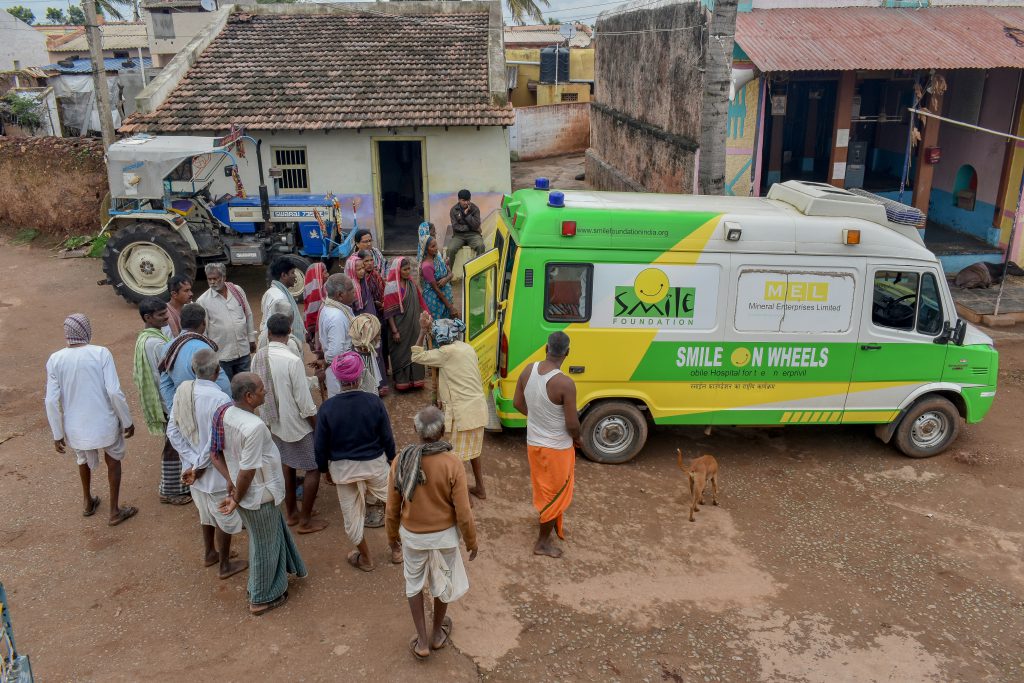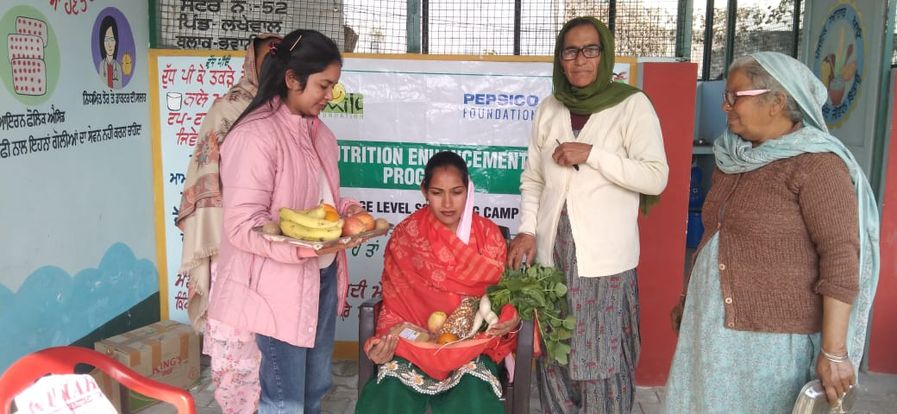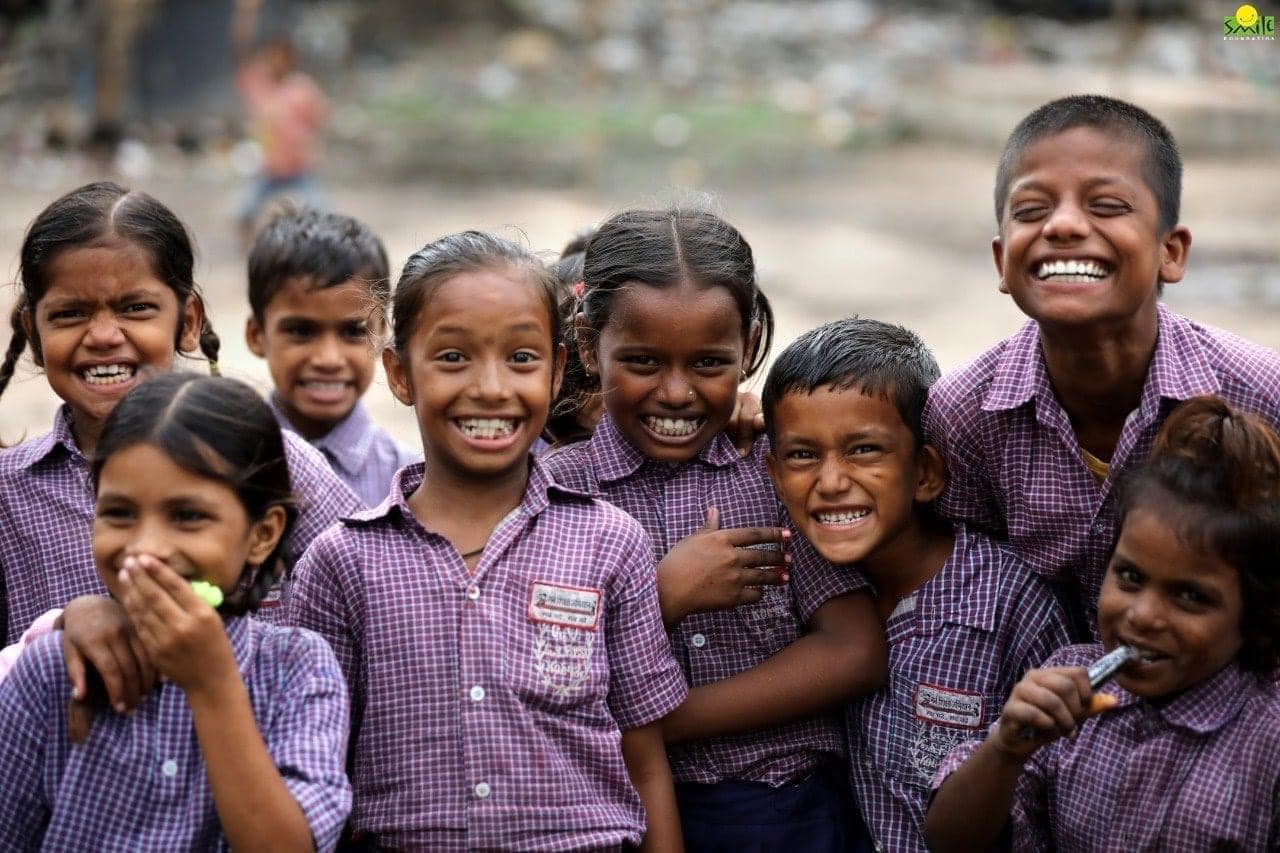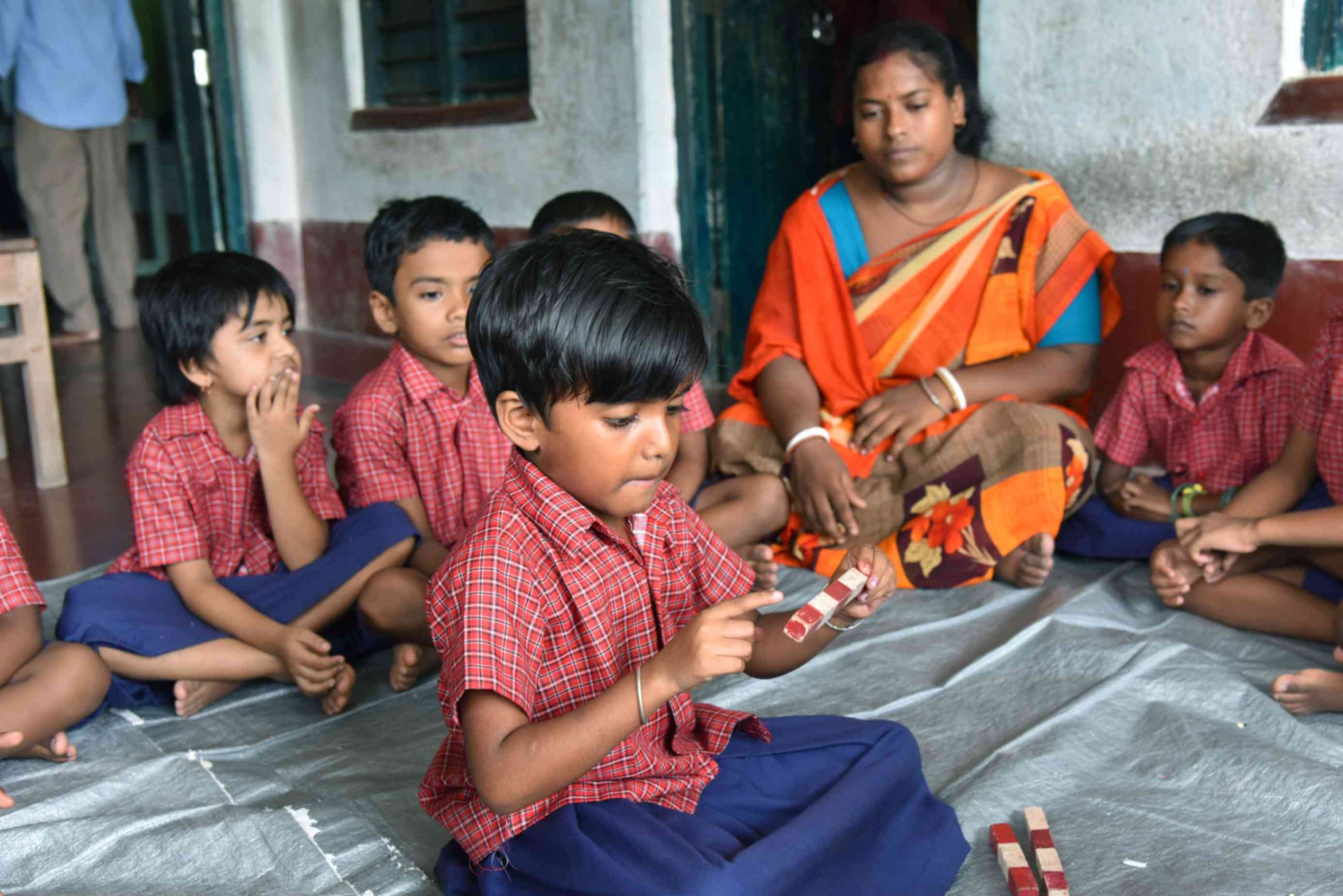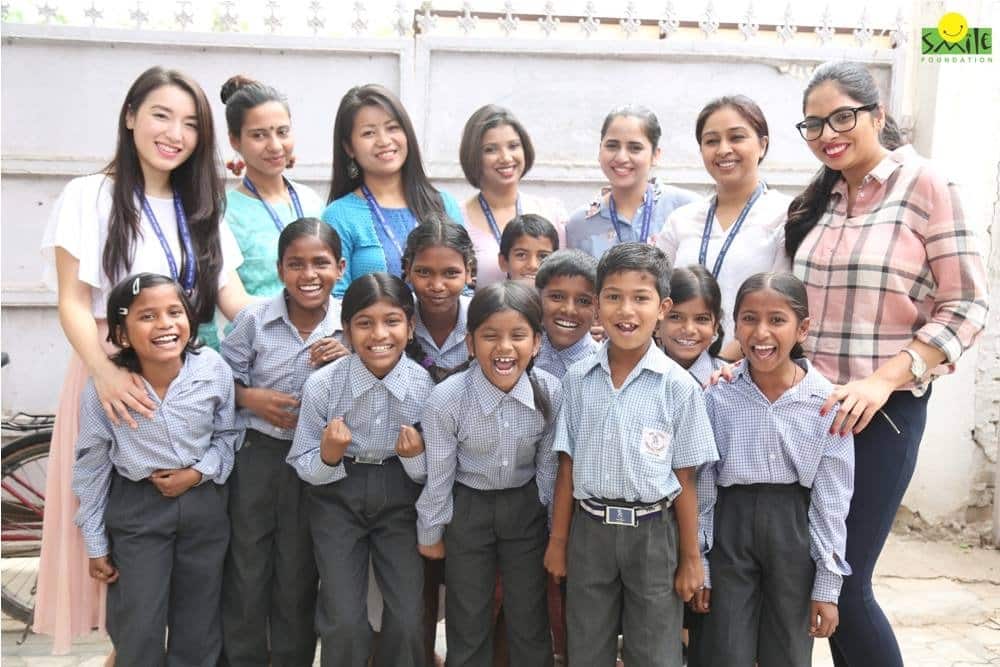Over a million premature deaths in low-and middle-income nations occur every year due to causes and diseases that can be either easily treated or prevented from becoming life threatening in the first place.
With ever advancing technology and breakthrough in medical field, quality healthcare is becoming more accessible and affordable for people with average and above average resources. The poorest, however, are still the worst affected in the struggle to get their hands on basic, get lifesaving healthcare. The problem is even more dive for people living remote regions, especially, the population of tribal and indigenous group.
The most common and top ten causes and diseases, that claim the lines of people in countries like India where an estimated 20% of population survives on barely a dollar or lesser a day, are usually the ones that easily preventable and treatable before it turns fatal. As per WHO 2018, the top 10 reasons for high deaths in lower and middle income countries are –
- Ischemic Heart disease
- Stroke
- HIV/AIDS
- Lower respiratory infections
- Chronic obstructive pulmonary disease
- Tuberculosis
- Diarrhea
- Diabetes
- Childbirth and pregnancy related complications,
- Road injury
Except deaths due to road injury (which can be reduced with safer driving measures in place), all of the above diseases are now preventable, treatable or treatable to the extent that one can lead a long and healthy life. Forming a large part of reasons for annual deaths, non-communicable diseases are easily preventable from becoming life threatening in a later, more advanced stage through awareness and regular access to necessary medications and consultations.
Excessive consumption of tobacco and low quality alcohol with lack of physical activity and proper nutrition are among the primary reasons why a large part of population is affected by these non-communicable diseases like heart attacks, strokes, diabetes, chronic obstructive pulmonary disease and asthma. If diagnosed on time and provided with proper consultation on how to live with a chronic disease, a lot of lives can be effectively saved.
As per a study in National Center for Biotechnology Information (NCBI), 40% of all hospital stays are accounted by NCDs in India which also cause 53% of deaths and over 44% of disabilities in people in the country. The lack of awareness among the masses and access to timely necessary as well as affordable treatment in the country for these chronic diseases are the primary burden when it comes to noncommunicable diseases.
Treatment for once fatal tuberculosis has now been around for more than a decade and yet thousands of people in lower economic strata of the society lose their lives to this disease. The treatment for the same is also easily and affordably available in most government hospitals around the country. However, a lack of awareness and timely access to the necessary resources and also the location of most hospitals being in the cities, results in a lot people not being able to access the medicine on time as well as for the duration of treatment.
Deaths due to pregnancy and childbirth related complications occur is largely due to preventable and treatable causes made up of – severe bleeding (mostly bleeding after childbirth), infections (usually after childbirth), high blood pressure during pregnancy (pre-eclampsia and eclampsia), complications from delivery and unsafe abortions (as per World Health Organization). These four fold complications arising during and after pregnancy arise out of a the lack of prenatal and postnatal care that women require to maintain their health and that of their babies.
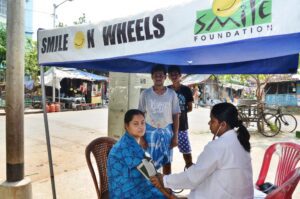
Smile Foundation has been on the forefront to bring healthcare to all through intervention and awareness under its health vertical, Smile on Wheels. With a focus on prevention, Smile on Wheels’ healthcare worker conduct health awareness sessions to educate people about non communicable diseases and the importance of maintain a healthy lifestyle with nutritious diet and adequate physical activity.
While most of the diseases can be prevented through early intervention and detection, awareness around safe and healthy pregnancy and childbirth still remain under addressed, largely among the rural and remote areas of the country. Smile Foundation under its women empowerment vertical, Swabhiman and healthcare program of Smile on Wheels, spreads awareness on reproductive and maternal health among underprivileged communities in urban slums and rural villages.In addition to encouraging healthcare seeking behaviour among young girls of reproductive age, pregnant women and new mothers, Smile On Wheels keeps a record of pregnant women and new mothers through Anganwadi workers to bring essential services for ANC and PNC for these women.



